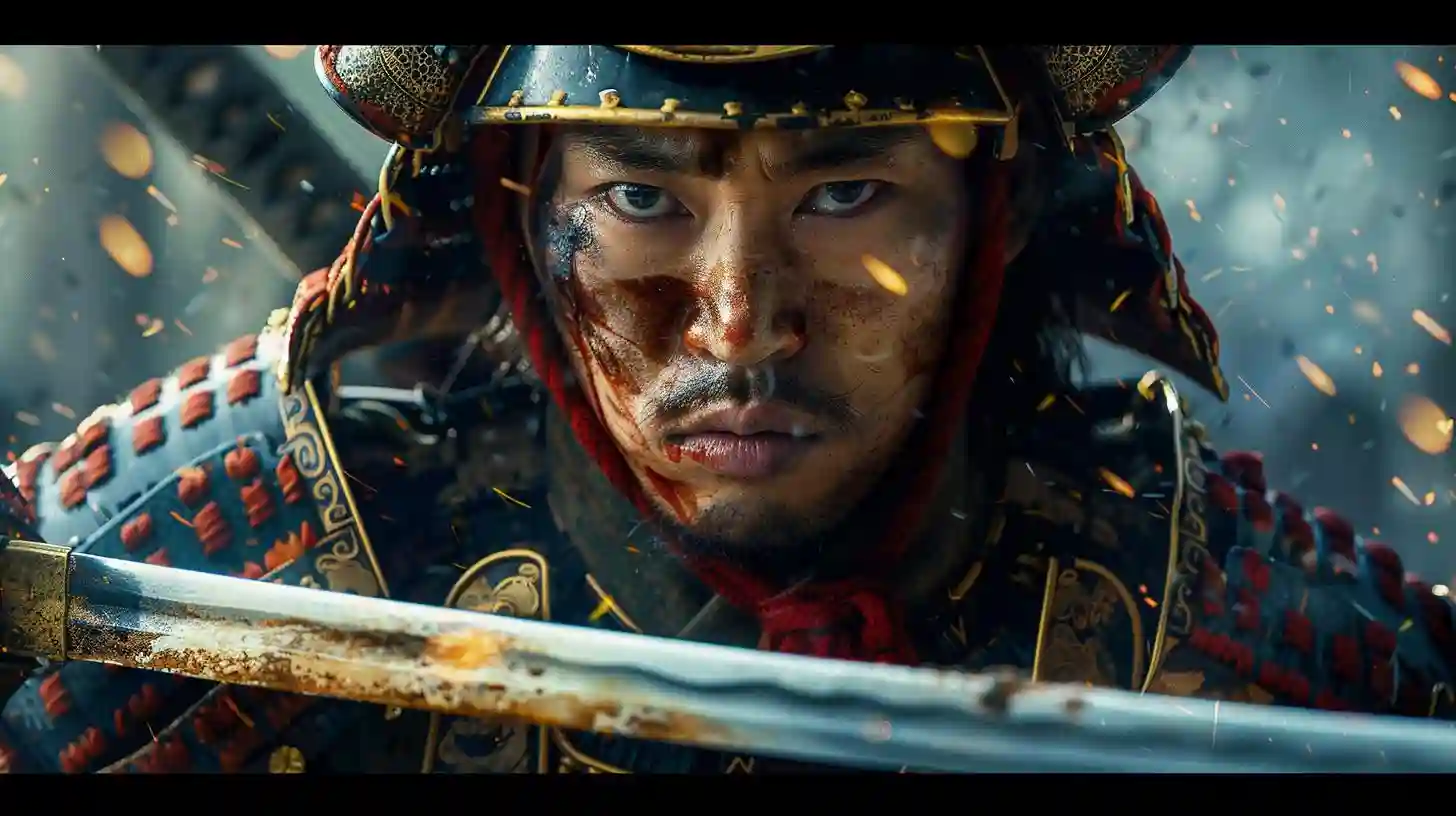
Японские солдаты на протяжении истории страны играли важную роль во многих конфликтах и войнах. Основная их деятельность предшествовала и сопутствовала формированию японской империи, которую можно проследить от древних времён до современности. Изучение их истории позволяет понять не только военные тактики и стратегии, но и культурные аспекты японского общества, которые оказали влияние на характер солдат.
Древние японские войны были серьёзно связаны с самурайской культурой. Самураи представляли собой военный класс, который следовал кодексу поведения, известному как бусидо. Этот кодекс пропагандировал такие ценности, как честь, долг, верность и искусство меча. Самураи были не просто солдатами, но и хозяевами, управлявшими землями, а также культурными деятелями, которые поддерживали искусство и литературу. Это время характеризовалось внутренними войнами между различными кланами, что способствовало формированию уникального военного духа Японии.
С течением времени японская армия претерпела значительные изменения, особенно с начала Мэйдзи. После открытия Японии для Запада, новое правительство начало модернизировать вооруженные силы страны и заимствовать технологии и тактики Запада. Это включало создание регулярной армии и военно-морского флота, что позволило Японии стать одной из первых азиатских стран, имеющих современную армию на уровне западных держав. Тогда же японские солдаты начали принимать участие в боевых действиях, таких как первая японо-китайская война.
Японцы проявили невероятное мужество и навыки в боях против китайской армии. Это был первый крупный конфликт, который продемонстрировал эффективность новой японской армии на международной арене. Успех в этой войне стал причиной появления нарастающего национализма и гордости в отношении военных достижений.
Следующим важным событием стала русско-японская война. Этот конфликт выявил не только военную силу Японии, но также её стратегические способности. Японские солдаты продемонстрировали высокую степень подготовки и организованности. Они использовали современные в военном деле методы, такие как окопная война, что было непривычно для того времени. Победа над Россией потрясла мир и стала символом новой Японии, показывающей, что она способна конкурировать с западными державами.
С началом Второй мировой войны японские солдаты приняли участие в различных военных действиях по всему Тихоокеанскому региону, включая нападение на Перл-Харбор. Эта война требовала от солдат не только физической силы, но и преданности, самопожертвования и безоговорочной верности императору. Военное командование внедрило идеологию, при которой сражение считал не только долгом, но и благородной миссией. Это привело к формированию образа японского солдата, который был готов сражаться до последнего дыхания.
Солдаты зачастую защищали не только свою страну, но и свою культуру, в которую они были воспитаны. Стратегия "смерти как пути к славе" формировала поведение солдат в бою. Многие из них были убеждены, что их душа будет возноситься на небеса, если они умрут за свою страну. По этой причине многие отказались от капитуляции даже в условиях невозможности победы.
Однако на протяжении войны японские солдаты столкнулись с множеством трудностей. Судьбы солдат были разными, и многих ждала гибель в условиях жесточайших боевых действий. Технические недостатки и недостаток ресурсов в определённые периоды войн приводили к тяжелым потерям. Тем не менее, храбрость и стойкость японских солдат оставались на высоте.
С окончанием Второй мировой войны и капитуляцией Японии перед Международным трибуналом началась новая эра для японских вооружённых сил. Существовала необходимость в переобучении и переоснащении, которые соответствовали бы новым параметрам. С помощью оккупационных сил Соединённых Штатов Япония была превращена из милитаристского государства в мирное. Это время ознаменовалось изменением взглядов на роль армии и солдат в обществе.
В послевоенной Японии армия была сильно ограничена, а солдаты перестали восприниматься как персонажи, совершенные героизмом. Нарастали антивоенные настроения и стремление к миру, от чего образ солдата сместился в сторону гуманизма и защиты народа. Однако, несмотря на изменения, основные традиции и ценности, связанные с японскими солдатами, сохранились. Часть военного наследия продолжает влиять на современные вооружённые силы Японии, которые теперь сосредоточены на миротворческих миссиях и защите граждан.
История японских солдат — это не только история войны и конфликтов. Это история, в которой переплетаются военное братство, традиции самураев и современные ценности. Существующие представления о солдате сегодня не обрываются на их военных достижениях. Это также история о самопожертвовании, преданности и изменениям, которые происходили в обществе и культурах на протяжении веков.
Японские солдаты представляют собой уникальную комбинацию традиций и современности, гордости и скромности, силы и храбрости. Они продолжают служить стране, но при этом память о прошлых подвигах и героизме остаётся в сердцах людей. Военный опыт Японии являет собой тонкую градацию, где уважение к прошлому соединено с надеждой на мирное будущее.